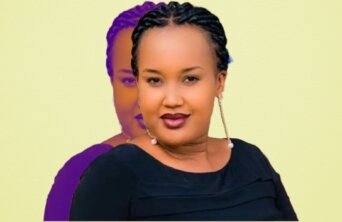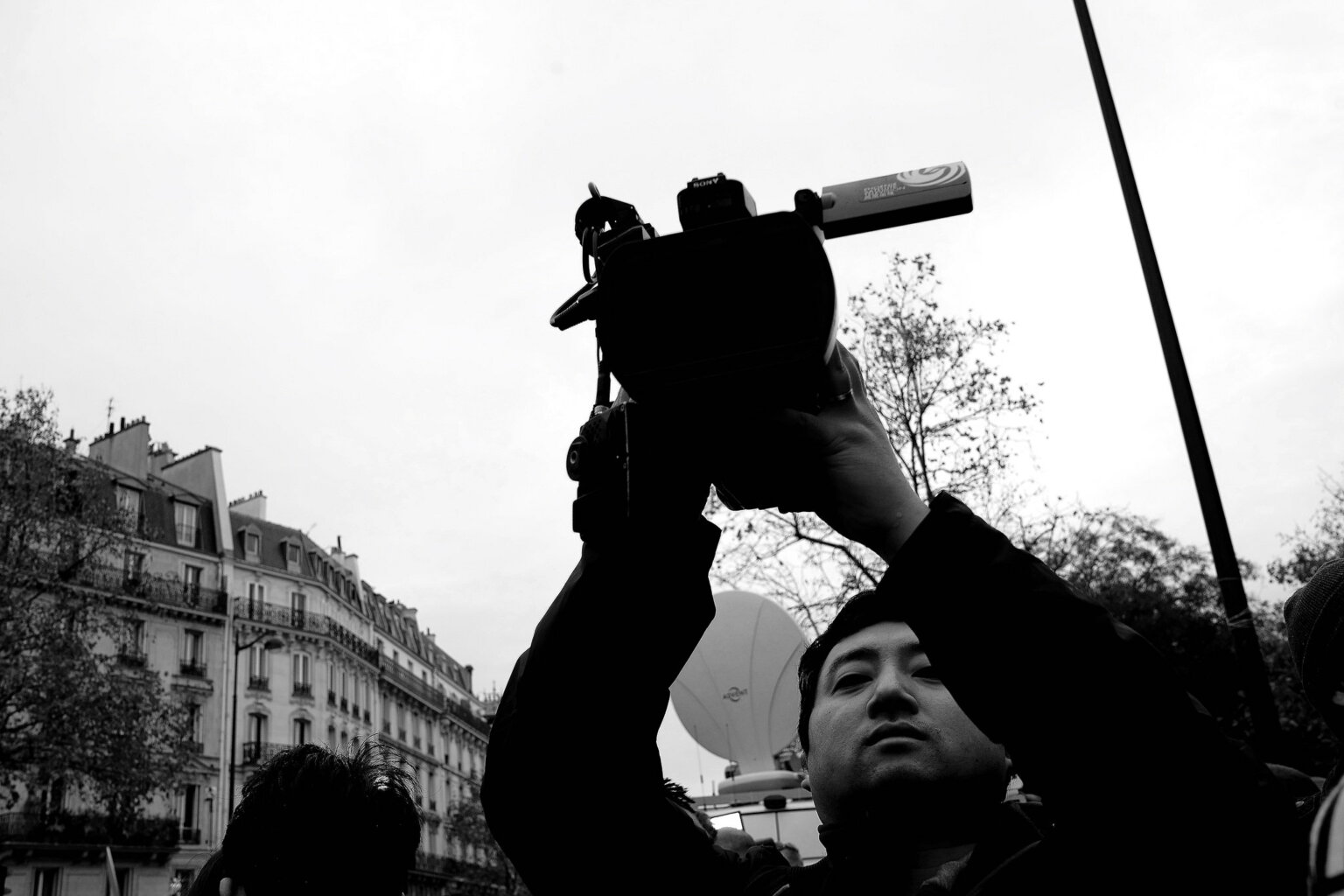- About
- Topics
- Picks
- Audio
- Story
- In-Depth
- Opinion
- News
- Donate
- Signup for our newsletterOur Editors' Best Picks.Send
Read, Debate: Engage.
| topic: | Freedom of Expression |
|---|---|
| located: | Burundi, Ethiopia |
| editor: | Bob Koigi |
In many African countries, journalists have reported harassment, intimidation and illegal detainment by authorities, further threatening the state of press freedom in the continent.
For example, Burundian journalist Floriane Irangabiye (pictured above) was a host for a debate programme on Radio Igicaniro, an online platform that covers Burundian politics and culture. In August 2022, as she was travelling to Bujambara, the capital of Burundi, to visit her family, an intelligence officer stopped her vehicle and took her into custody where she had a harrowing encounter.
Irangabiye was first denied access to legal counsel and family as she was grilled about her work at Radio Igicaniro. The officers accused her of espionage and of working with armed opposition groups. Reports indicated that while in custody one officer sexually assaulted her by groping her breasts and buttocks.
She was eventually taken to court and charged with undermining the integrity of the national territory, for which she was sentenced to 10 years in prison and fined an estimated $500. She appealed the ruling.
However, the appeal that was heard in March, and judgement delivered on 2 May, one day before World Press Freedom Day, upheld the ruling of the lower court.
“Coming on the eve of World Press Freedom Day, a Burundi court’s decision to uphold Floriane Irangabiye’s conviction only further illustrates the government’s hostility toward dissenting views," noted The international press freedom group Committee to Protect Journalists (CPJ). “Irangabiye does not belong behind bars, and it is devastating that she faces a decade in prison. She has suffered far too much, and authorities should do the right thing and free her immediately.”
In another example, Yeayeneabeba Gizaw has been the managing editor of a privately owned Ethiopian magazine called Yehabesha Wog that predominantly reports on the political and social scenes in the East-African country. In April, while she was going on with her normal business, she was approached by two men who identified themselves as National Intelligence and Security Service officers. She was forced into a waiting car and driven to an unknown detention centre in the outskirts of the capital Addis Ababa.
There she was held with nine other women. The next day, she was questioned by a man and a woman about her reportage of affairs in the Oromia state, which has been experiencing political upheaval. She was accused of defaming Oromia state officials and the mayor of Addis Ababa through her platform. In the middle of questioning, she was slapped in the face and kicked in her leg.
She would later be released unconditionally on 15 April. She is among eight Ethiopian journalists who have faced untold horror in the hands of government officials for exercising their freedom of expression.
These cases are among hundreds that continue to be reported across the world, pointing to the thinning space for free press as governments and other non-state actors apply every tactic to suppress dissent and deny people the freedom of expression.
As the world observes Press Freedom Day under the theme "Shaping a Future of Rights: Freedom of expression as a driver for all other human rights," it is important to take a moment to consider the strides made in safeguarding the vital role of the media in society, while also taking measures to prevent any regression of these achievements. Therefore, it is imperative for governments, civil society, and the private sector to continue to support and champion press freedom to ensure that the media can continue to fulfil its important role in society.
A democratic society relies on a free, independent, and diverse press that covers human rights violations and political violence. To achieve peaceful, sustainable development and safe societies, it is crucial for governments, the private sector, civil society, and the public to uphold and support the freedom of speech and the presence of multiple viewpoints both online and offline. Recognizing and respecting the importance of a pluralistic press can foster a more transparent and accountable society, promoting the well-being of all.

